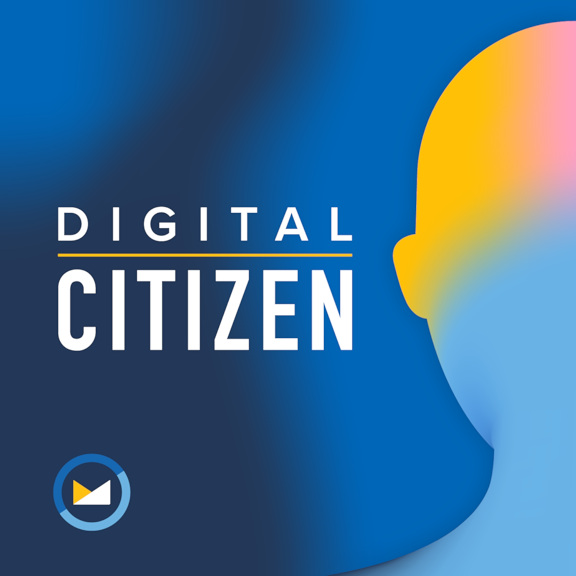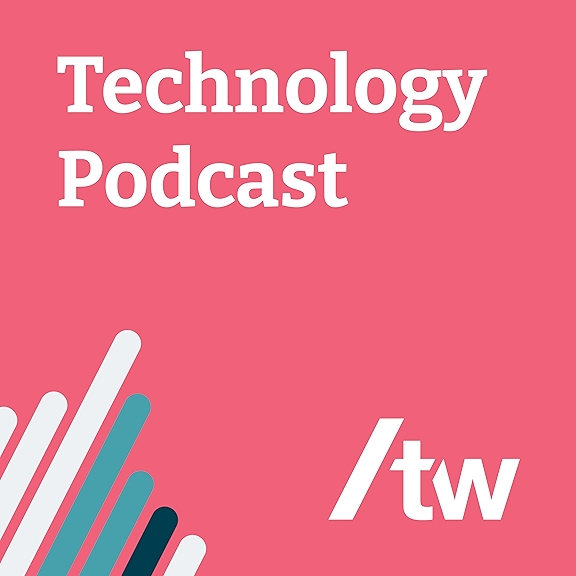
On this episode of the Digital Citizen podcast,Arielle Yoder and Zack Fine of Recess talk with Fastmail CTO Ricardo Signes about their company, Recess, and the methods they use to bring the benefits of play to the virtual workplace. You’ll also hear snippets from Rik and Fastmail COO, Helen Horstmann, about how Fastmail brings play into the workday in practical ways!
Meet Arielle and Zack and learn how their respective theater backgrounds lead them to create Recess, a company that integrates play into the workday through a series of games designed for the online workplace. Arielle and Zack will share the importance of finding joy through play as an adult and explore the psychological benefits of doing so. They will also discuss how participating in activities like Recess can be a different experience for each person, especially focusing on how they encourage reluctant people to participate.
▶️ Guest Interview - Recess
- Learn more about Arielle Yoder
- Learn more about Zack Fine
- Learn more about Recess
🗣️ Discussion Points
- Arielle and Zack started Recess early in the COVID-19 pandemic as a way of bringing play into the workday, and the company is founded on their conviction that play should be an integral part of every day - even for adults. Used in workplaces, play increases productivity, the ability to connect with others, and even general well-being. Neuroscientific studies have demonstrated the positive impact of play on the brain, and Zack and Arielle explain how play improves focus and adaptability, and fits with the biological legacy of humans as social primates.
- Arielle and Zack try to structure Recess sessions based on their specific clients, and they visit the clients before holding a session in order to get a feel for the company dynamic. A typical session, though, will include a warmup, a brain teaser, moments for one-on-one connections among colleagues, soft skills, and something funny to conclude the event. Recess aims to provide both a personalized and well-rounded session, often taking and utilizing elements from Arielle and Zack’s theater backgrounds. A session might include mime, improv, drawing, trivia, or any number of other activities.
- Understandably, not every team or every person is initially comfortable with the idea of bringing silliness into the workplace. If in getting to know a group before a session, Arielle and Zack notice reticence, they will try to start the session by leaning into silliness in a simple and easy way. With this gentle start, the room will often start to warm up quickly with a desire to play more. Arielle also finds that the idea of silliness more than the experience of it tends to spark reticence. Most people, once they get into a session, will have fun!
- Arielle and Zack hope that they as facilitators can take the burden of responsibility away from company leaders, helping to create light and playful cultures in the companies. They love to see bits of fun stick with an organization, knowing that the team is reaping the benefits of play and improved work culture in the long term.
- When it comes to being better digital citizens, Arielle and Zack first warn listeners that, in digital relationships, it can be easy to lose the simple aspects of human connection and find that people become merely 2-D in our minds. Their aim to create a feeling of human-to-human connection through theater points to our broader need for opportunities for human connection separate from work. We should, they urge, recognize that there are multiple parts of the self that are not all devoted to the workspace.
⭐️ Takeaways
- Play is something for everybody. Scientists have shown that play is good for your brain, so you should go for it and experience the benefits.
- You should remember in your online interactions, you want to center connectedness with other people. You’re there to have common communication with these other people, and that’s what you want to focus on. Don’t lose sight of the fact that everyone online is a 3-D person, even though you may be stuck looking at them through your 2-D Zoom window.
- Be kind to yourself. Give yourself breaks from being online when you need to. Rest is important. Information fatigue and audio/visual chat fatigue are real phenomena, and you need a break from that just like you need a break from anything that tires you out.
🔵 Find Us
- Send us a question for our bonus episode
- Digital Citizen Website: fastmail.com/digitalcitizen
- Check out our blog
- Tweet us @Fastmail
💙 Review Us
If you love this show, please leave us a review on Apple Podcasts or wherever you listen to podcasts. You can also take our survey and send us a question for our bonus episode.




















